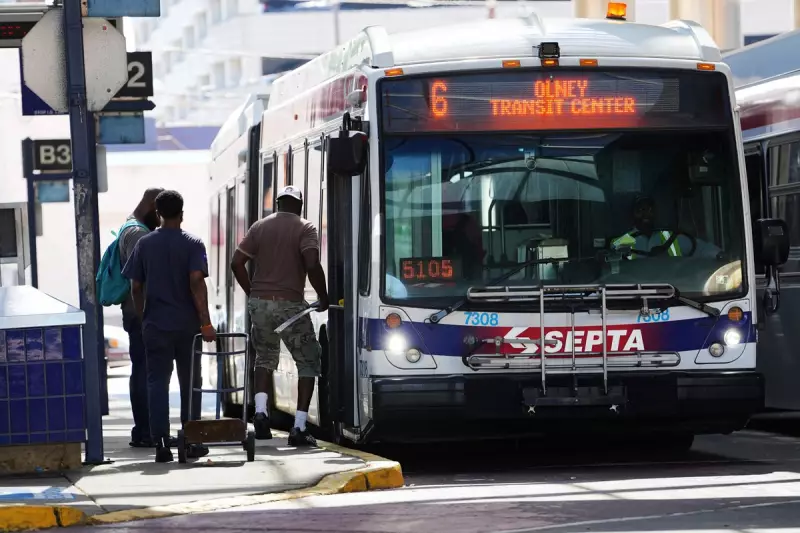
Commuters in Philadelphia faced a harrowing ordeal on Tuesday evening after a train carrying dozens of passengers lost power, trapping them underground for more than five hours in stifling, dark conditions.
The incident occurred on a Southeastern Pennsylvania Transportation Authority (SEPTA) train on the Market-Frankford Line, a major artery in the city's transport network. The train came to an abrupt halt in a tunnel between 56th Street and 60th Street stations at around 3:45pm local time, plunging carriages into darkness and cutting air conditioning.
A Nightmare Below the City
Passengers described scenes of growing discomfort and anxiety as the hours ticked by. With no power, the air became thick and unbearably hot. One commuter, visibly distressed, filmed a video pleading for help, stating they had been stuck for over three hours with no substantive updates from crew members.
"We are stuck on the El train. We have no power, no air," the passenger said in the video, referencing the line's local nickname. "It has been over three hours. They are not telling us anything. Please send help."
A Slow and Frustrating Rescue
SEPTA officials confirmed the delay was caused by a disabled train ahead of them. The rescue operation was painstakingly slow; for safety reasons, another train had to be brought in to push the stranded carriages to the 60th Street station. This process did not begin until after 7pm, leaving passengers trapped for what would become a total of five hours.
Social media quickly became a platform for frantic relatives and friends to seek information, with the hashtag #SEPTA circulating widely as concern grew.
Apologies and Accountability
In response to the mounting criticism, SEPTA's general manager, Leslie Richards, issued a public apology. She acknowledged the unacceptable nature of the incident and vowed a thorough investigation into both the mechanical failure and the emergency response protocol.
"This is not the service we strive to deliver," Richards stated. "We are undertaking a full review of this incident and will implement any necessary changes to prevent this from happening again."
The event has ignited a broader conversation about the state of public transportation infrastructure in American cities and the critical need for investment to ensure passenger safety and reliability.





